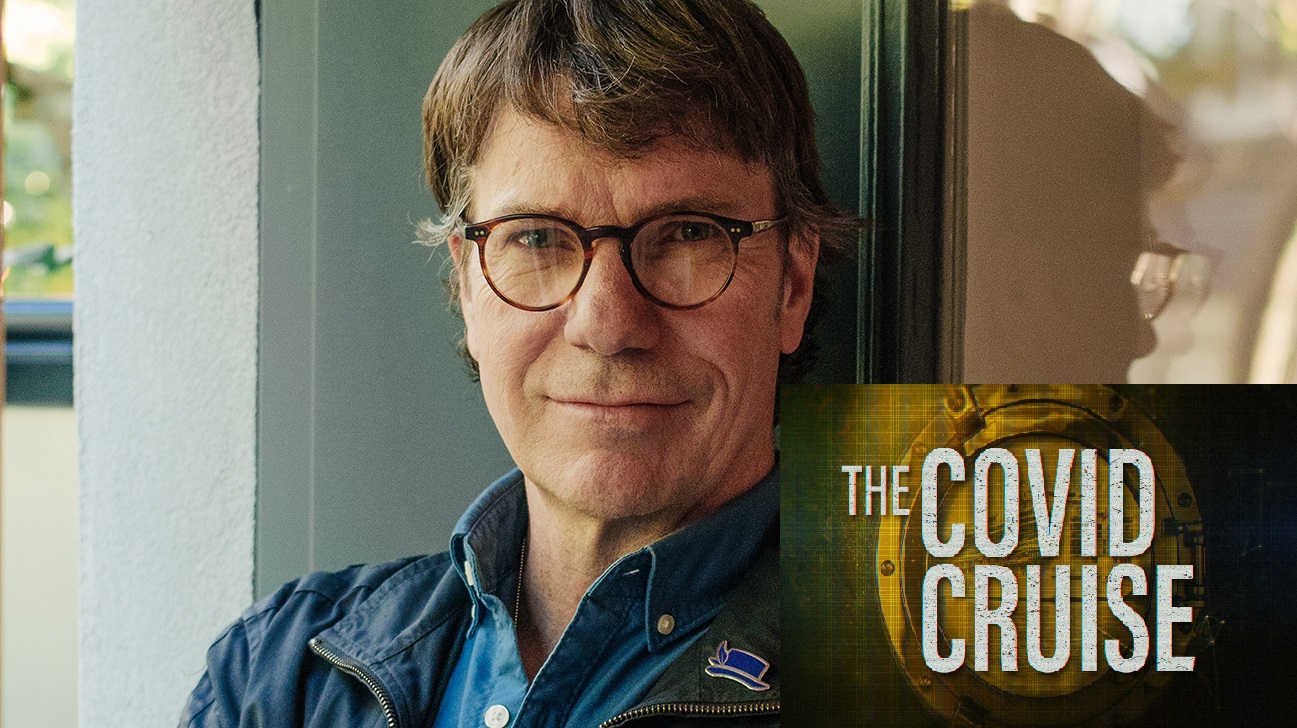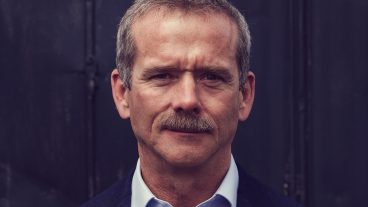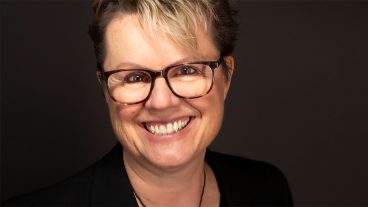Award-winning documentary filmmaker Mike Downie’s latest project, The Covid Cruise, examines how a single story early in the COVID-19 pandemic was a microcosm of the scramble to understand the virus quickly spreading across the world. It’s a tale that illuminates the challenges the virus presented in its early days.
We caught up with Mike prior to tonight’s CBC premier of the doc to discuss the new film. Below is a brief excerpt of the film’s synopsis, followed by our interview.
It should have been a dream cruise, but it became a coronavirus nightmare. The Covid Cruise, airing on The Nature of Things on Friday, November 27 at 9 p.m. on CBC TV and on the free CBC Gem streaming service, is the story of how, in February 2020, the cruise ship the Diamond Princess was swept up in the global drama of the coronavirus pandemic.
Filmmakers Mike Downie and David Wells reveal that as the world watched Wuhan, China grapple with this highly-infectious disease, the same drama was playing out on the Diamond Princess. Onboard the ship, passengers, crew and infectious disease specialists witnessed coronavirus’s silent, asymptomatic transmission, faced the dilemma of whether to quarantine or not, and saw the coronavirus’ tragic toll on the elderly and vulnerable.
Before beginning production on The Covid Cruise, were you searching for a Covid-related story to try and tell or was it the story of The Diamond Princess specifically that set things in motion?
We were looking at a few different Covid stories that were out there, but in the end the quarantined Diamond Princess in Yokohama Harbour had all the elements of a great story – a microcosm story that tells a much bigger story. Because what happened on the ship was soon happening all over the world – silent asymptomatic transmission accelerating the spread of the virus through almost any size gathering of people.
Obviously, the case of The Diamond Princess happened early in the pandemic, before people really understood what COVID-19 was. It seems like it acted as a useful early source of data for scientists. Looking back on what you’ve learned now months later, from a science/health policy perspective, do you think there are clear takeaways from this story?
It was on the Diamond Princess that doctors like Michael Callahan, an infectious disease specialist, soon realized, as he went room to room diagnosing passengers, that many of them had significant medical conditions, and they, along the elderly, were more likely to get very sick and often in a short amount of time. Back in February and March, the experts still didn’t know the virus’s most likely vector of transmission—was it spreading on contact surfaces or was it aerosols, hovering in the air they were breathing? It wasn’t till several months later, that scientists were able to determine that the virus was actually travelling in the air down the ship’s long hallways, with little fresh air flow. Incidentally this is where the crew were literally walking through virus-laden aerosol clouds as they dutifully delivered food and supplies to the passengers in their cabin rooms.
Documentaries can present plenty of unique challenges to filmmakers, but trying to do a production in the middle of a pandemic seems like it would be even more difficult. Was that the case? What was it like working remotely on such a large scale?
Directing The Covid Cruise was unlike any production experience I’ve ever had in my career before. Interviewing experts and passengers over Zoom or the phone, from so far away, was challenging for sure but in the end, it just required everyone on the team to work really tightly together—albeit never face to face. The funny thing is I directed crews, who were stationed all over the world, in Tokyo, Sydney, Mumbai and even St. John’s, and though I still don’t even know what they look like they all came through and did a really great job filming and recording and stayed safe while doing it.
Any ideas of what subject you might want to tackle for your next film?
I’ve got a really good idea for a film that has to do with this elevated physical-mental state that artists, athletes and achievers all go to where they experience almost superhuman abilities. And to give one further clue: I think my brother Gord used to go there regularly, certainly when he was on stage performing.
Mike Downie is a multi-award-winning documentary filmmaker and the co-founder of the Gord Downie & Chanie Wenjack Fund. A celebrated and inspirational storyteller, Downie takes his audiences on a ride that explores how our stories define us, remind us of our past, and shape our future, both as individuals and as a nation.
If you’re interested in booking Mike or another speaker for a virtual presentation, please contact us for more information.




